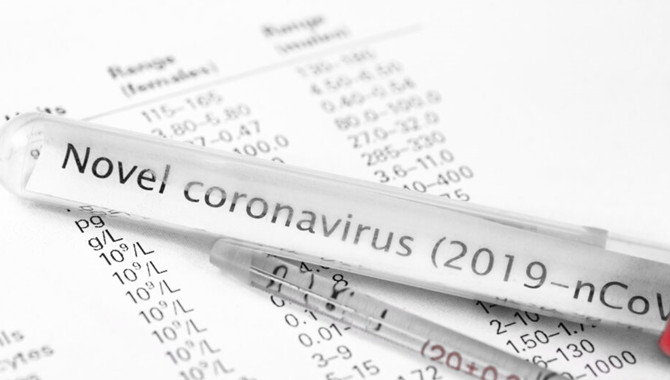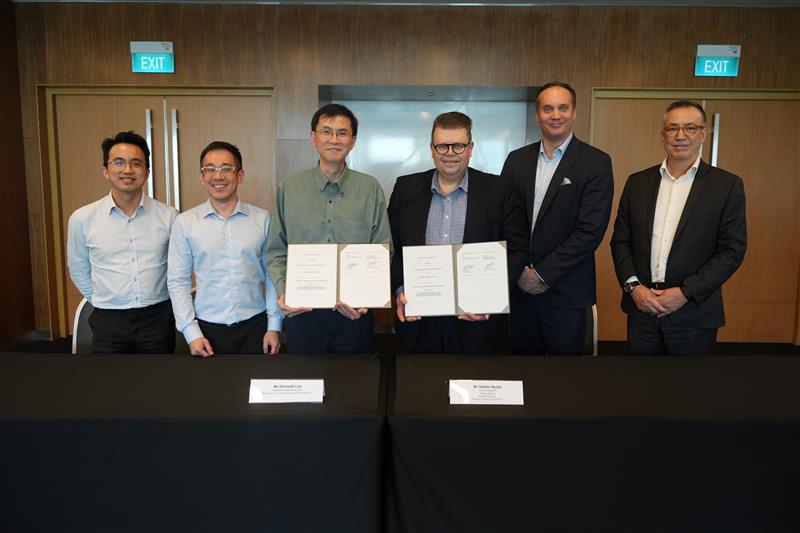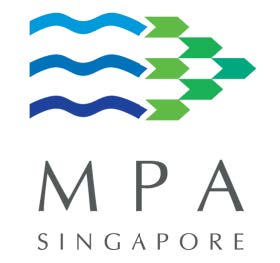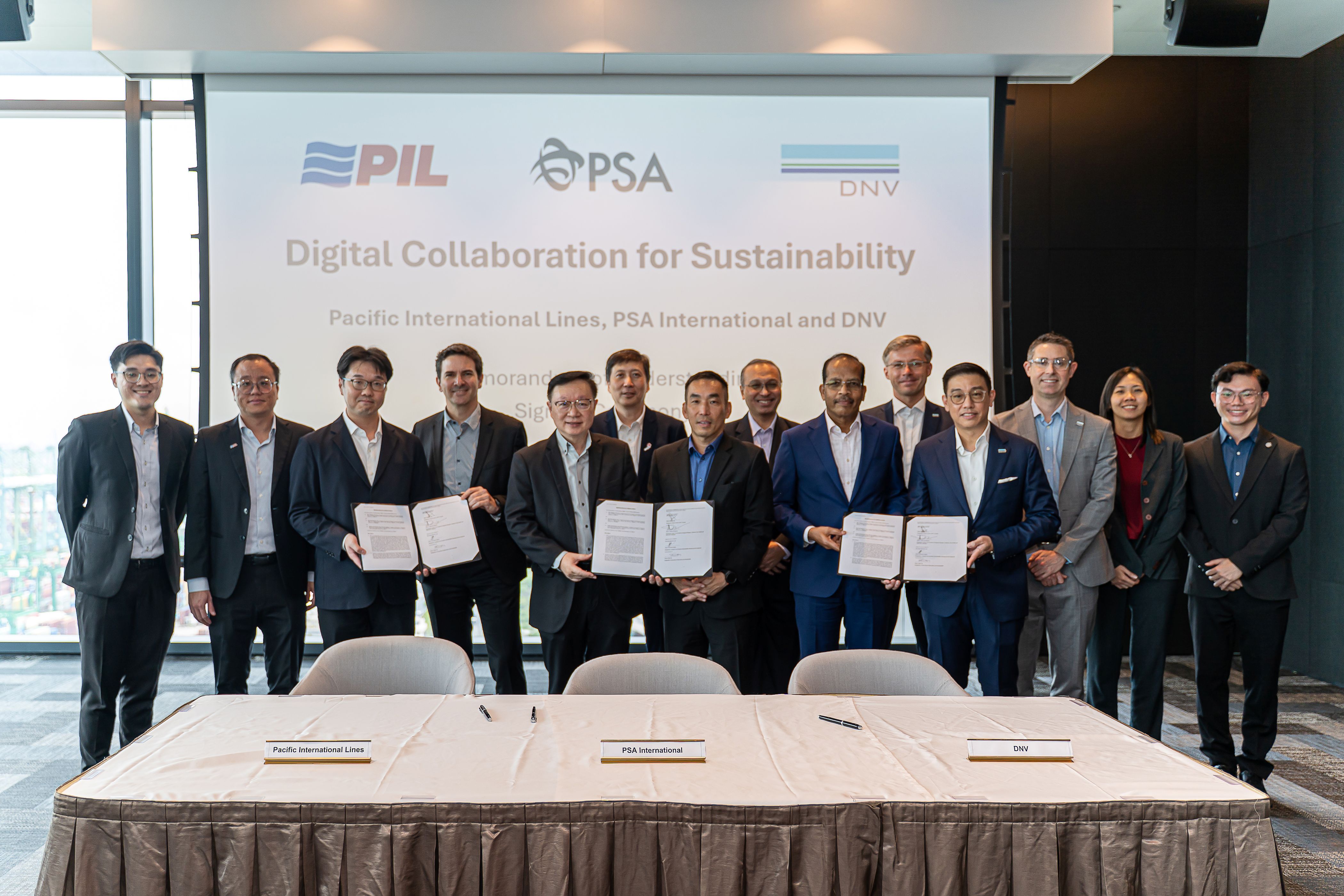
On 30 January 2020, the World Health Organization declared the outbreak of the novel coronavirus (2019-nCoV) (the Virus) to be a Public Health Emergency of International Concern. It seems clear that the Virus is also having an impact on economic activities not only in China, but also in the 231 countries outside of China where it has been recorded at the time of writing.
This briefing note will discuss a number of the ways in which charterparties are likely to be affected by the Virus’ impact on economic activity, as a matter of English law. The below seeks only to highlight the issues, and the precise terms of each charter and the factual circumstances will need to be considered in each individual case.
Unsafe port
The starting point for many operators will be whether a port affected by the Virus is a “safe port”. The test for an unsafe port is well known. A “port will not be safe unless, in the relevant period of time, the particular ship can reach it, use it and return from it without, in the absence of some abnormal occurrence, being exposed to danger which cannot be avoided by good navigation and seamanship” (The Eastern City [1958] 2 Lloyd’s Rep. 127, approved by the Supreme Court in The Ocean Victory [2017] UKSC 35). Notably, the Supreme Court in The Ocean Victory said of The Eastern City: “It is important to note that it was not submitted that the relevant test could or should be other than that described by Sellers LJ in The Eastern City. In any event that test has stood the test of time.”
In Ciampa v British India Steam Navigation Co Ltd [1915] 2 K.B. 774 a vessel was held to be unseaworthy as it had come from a port contaminated by plague, necessitating fumigation of the vessel at her next port. By extension, a port infected by the Virus could arguably be construed as causing actual damage to a vessel if it led to restrictions at a future port, rendering it unseaworthy. If the vessel could not avoid exposure to such danger, this may lead to an unsafe port argument.
Charterers’ responsibilities relating to the safety of the port
While much of the immediate focus will be on the performance of existing voyages, time charterers must nonetheless be alert to their primary obligation to nominate a port that is, at the time of nomination, prospectively safe. This primary obligation is followed by a secondary obligation for the charterers to cancel the original order and to issue new orders to another port that is prospectively safe at that time if the original port is no longer safe. The charterers’ primary obligation is an absolute obligation, whereas the secondary obligation is one of “due diligence”.
This position may be amended by specific charterparty clauses such as Shelltime 4 clause 4(c), which states:
“Charterers shall use due diligence to ensure that the vessel is only employed between and at safe places (which expression when used in this charter shall include ports, berths, wharves, docks, anchorages, submarine lines, alongside vessels or lighters, and other locations including locations at sea) where she can safely lie always afloat. …”
The effect of this clause is to displace the absolute obligation with one to exercise due diligence. The charterers will only breach this due diligence obligation if they fail to take reasonable care to establish that the port is safe.
Charterers will therefore need to monitor the factual landscape closely with a view to ensuring that they are capable of discharging their primary, secondary and/or due diligence obligations to ensure the nominated port is safe (The Saga Cob [1992] 2 Lloyd’s Rep. 545).
Quarantine restrictions and delay
Delays occasioned by quarantine restrictions will differ depending on the type and wording of individual charterparties. Under a time charterparty, should the ship be required to deviate for crew health reasons, or be delayed by quarantine, the charterers may be able to place the ship off-hire. Alternatively, it may be that if the deviation or delay was a consequence of the charterers’ employment instructions, the ship may remain on-hire. For charterparties that incorporate the Hague or Hague-Visby Rules, Article IV r 2(h) may provide a defence for loss or damage arising or resulting from quarantine restrictions.
Epidemics clauses
A charterparty may contain a general “epidemics clause”. Subject to the wording and construction of such a clause, this may be sufficient for a shipowner to resist orders to proceed to an area where the Virus is known to be prevalent. It is recommended, however, that specific advice is sought before any reliance is placed on a general “epidemics clause”.
In response to the 2014 Ebola outbreak, various industry bodies and operators developed Ebola clauses for both time and voyage charterparties. The BIMCO clauses dealing with Ebola were drafted in general terms for use in response to any virulent disease, and are along the lines of the BIMCO War and Piracy Clauses. Other clauses used at that time may be Ebola specific, and would only apply to the Virus if the language of the clauses was sufficiently wide to capture the present factual landscape. If you are considering re-using any previously used clauses you need to review the wording and ensure it is wide enough to cover the Virus, and reflects what the parties intend.
Any clause will need to consider post-contractual costs, such as cleaning, fumigation and quarantine, which may arise, and owners who are chartering their vessels on time charter may wish to consider obtaining financial guarantees before allowing their vessels to trade to areas affected by the Virus.
For new voyage charters, it will be assumed that the parties enter into the contract being aware of the risks at the time the contract is concluded, and so owners may wish to incorporate terms to set out what the parties intend to happen in the event that the Virus spreads.
Force majeure
The term “force majeure” has no established meaning in English law, and the precise contractual clause will need to be reviewed carefully.
It is standard practice to name events that will constitute force majeure events as well as to add a catch-all provision covering events beyond a party’s reasonable control. The list of named events may include “epidemic or pandemic” and “any law or any action taken by a government or public authority,” providing the action is sufficiently proximate to the event relied upon. It is similarly common for a force majeure clause to include a provision stating that a force majeure event should not be reasonably foreseeable.
The consequences of a force majeure event are usually to suspend performance and to have the time for performance extended although there may also be on-notice termination provisions.
Frustration
In the absence of an applicable force majeure clause, shipowners and charterers may consider invoking the general doctrine of frustration if the Virus prevents them from performing their contractual obligations. Once a contract is frustrated, the parties’ contractual obligations are discharged.
Mere hardship, inconvenience or material loss will not frustrate a contract. The doctrine of frustration only arises when an event occurs that is both unexpected and beyond the control of the shipowner and the charterer, and renders it physically or commercially impossible to fulfil the charterparty, or transforms the obligation to perform into a radically different obligation from that undertaken at the moment of entry into the charterparty.
Whether performance is frustrated due to the Virus will depend on the factual landscape at the time frustration is claimed. In The Hermine [1979] 1 Lloyd’s Rep. 212, it was held that an obstruction that merely caused delay did not render a port unsafe unless the delay was sufficient to frustrate the commercial venture. If the effect of the Virus on the performance required is such that it transforms the obligation to perform into a radically different obligation from that undertaken at the moment of entry into the contract, the charterparty may in those circumstances be frustrated.
As a general statement, frustration is historically difficult to argue as a matter of English law.
Notices of readiness and free pratique
Laytime under a voyage charterparty only commences once a ship has tendered a valid notice of readiness (NOR). It is often assumed that a ship will obtain free pratique on arrival at the berth as a mere formality. In ports or places where the Virus is known to be present, any mere formality can no longer be assumed.
If NORs cannot then be validly tendered until free pratique has been granted at the berth, there is the potential for delay, which, absent contrary wording in the charterparty, rests with the shipowner.
Reed Smith will continue to monitor the situation and provide updates as developments occur. We are currently preparing guidance on coronavirus and seafarers for Hong Kong flagged vessels that will be sent out shortly.
Source:ReedSmith
The opinions expressed herein are the author's and not necessarily those of The Xinde Marine News.
Please Contact Us at:
admin@xindemarine.com


 Baltic Exchange launches new Fuel Equivalence Conve
Baltic Exchange launches new Fuel Equivalence Conve  21 Consecutive Years of QUALSHIP 21 Recognition for
21 Consecutive Years of QUALSHIP 21 Recognition for  MPA and Wärtsilä Renew Partnership to Drive Marit
MPA and Wärtsilä Renew Partnership to Drive Marit  MPA and Dalian Maritime University Renew Partnershi
MPA and Dalian Maritime University Renew Partnershi  PSA INTERNATIONAL, DNV AND PACIFIC INTERNATIONAL LI
PSA INTERNATIONAL, DNV AND PACIFIC INTERNATIONAL LI  INTERCARGO Reaffirms Call for Simplicity as IMO Cli
INTERCARGO Reaffirms Call for Simplicity as IMO Cli